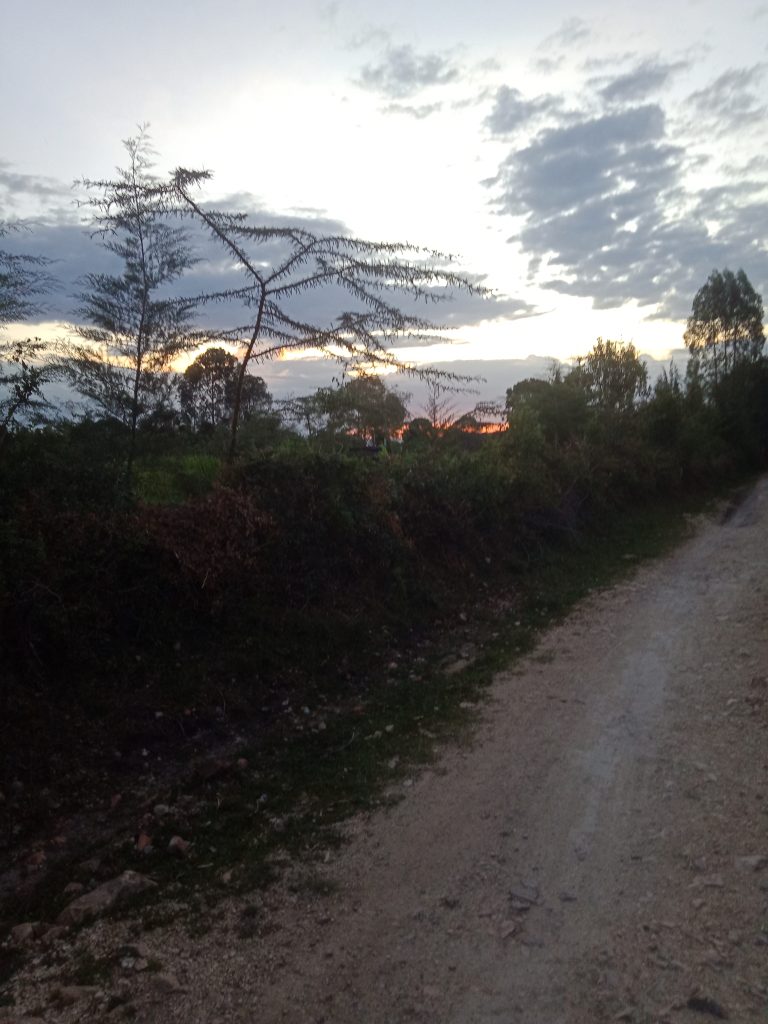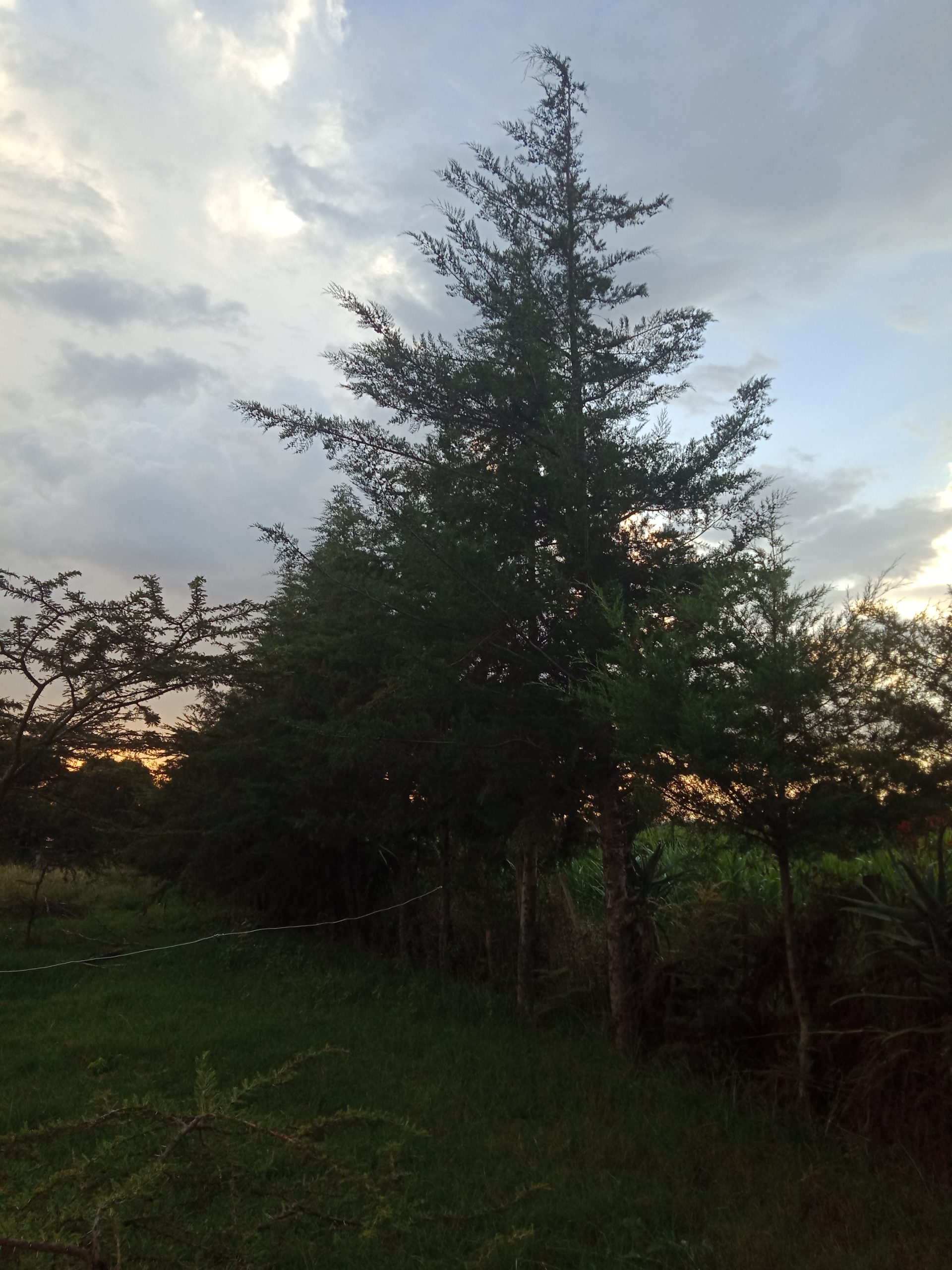Tanuru, for more than a decade now, has been a projectized agricultural development start-up that explores value chain-specific interventions as a way to champion smallholder productivity and sustainability in Kenya.
The company started as a personal dairy farming project but soon turned into a social enterprise endeavor to empower smallholder farmers. With a soybean flagship project, the company aimed to implement a vertically-integrated business model:


For a few reasons that will be routinely discussed in a series of upcoming blog posts on this site, the company had to suspend its operations in mid-2018. After a period of inactivity between 2018-2020, the Tanuru restart project in 2021 sought to learn from the previous soybean farming scheme by designing a poultry value chain intervention, which emphasized first establishing Tanuru’s capacity to solve market access challenges for the smallholder poultry farmer before any production-related program:

The project’s emphasis on prioritization of immediate agricultural produce market place participation has proven to be the best bet for Tanuru to be sustainable. Having fairly understood the first and last mile challenges in smallholder agricultural produce marketing, through the indigenous eggs, the company will now move to focus on establishing Tanuru model farm as a means to further the company’s work with smallholders on production-related challenges.

Integrating climate change mitigation & adaptation
With this new effort, Tanuru is also incorporating tree planting as a viable climate change mitigation and adaptation measure as well as a key feature of its intervention design among smallholders while also taking advantage of the company’s target area’s geography in the Lake Victoria catchment ecosystem.